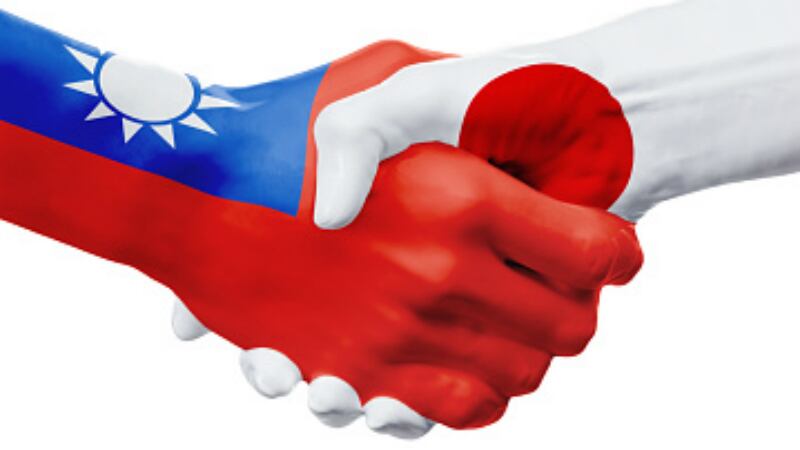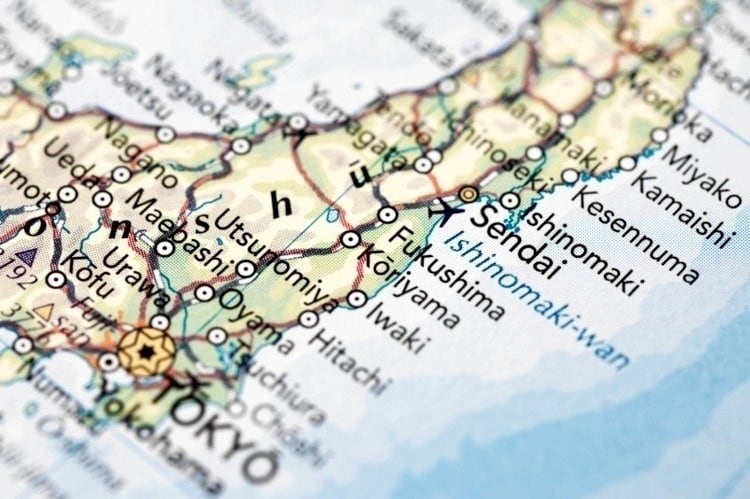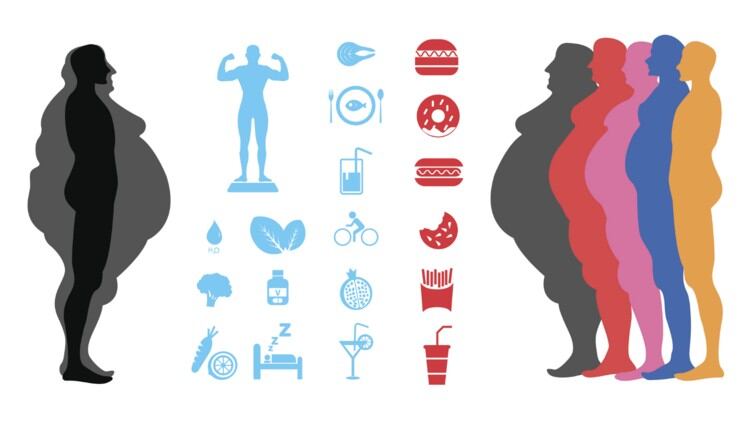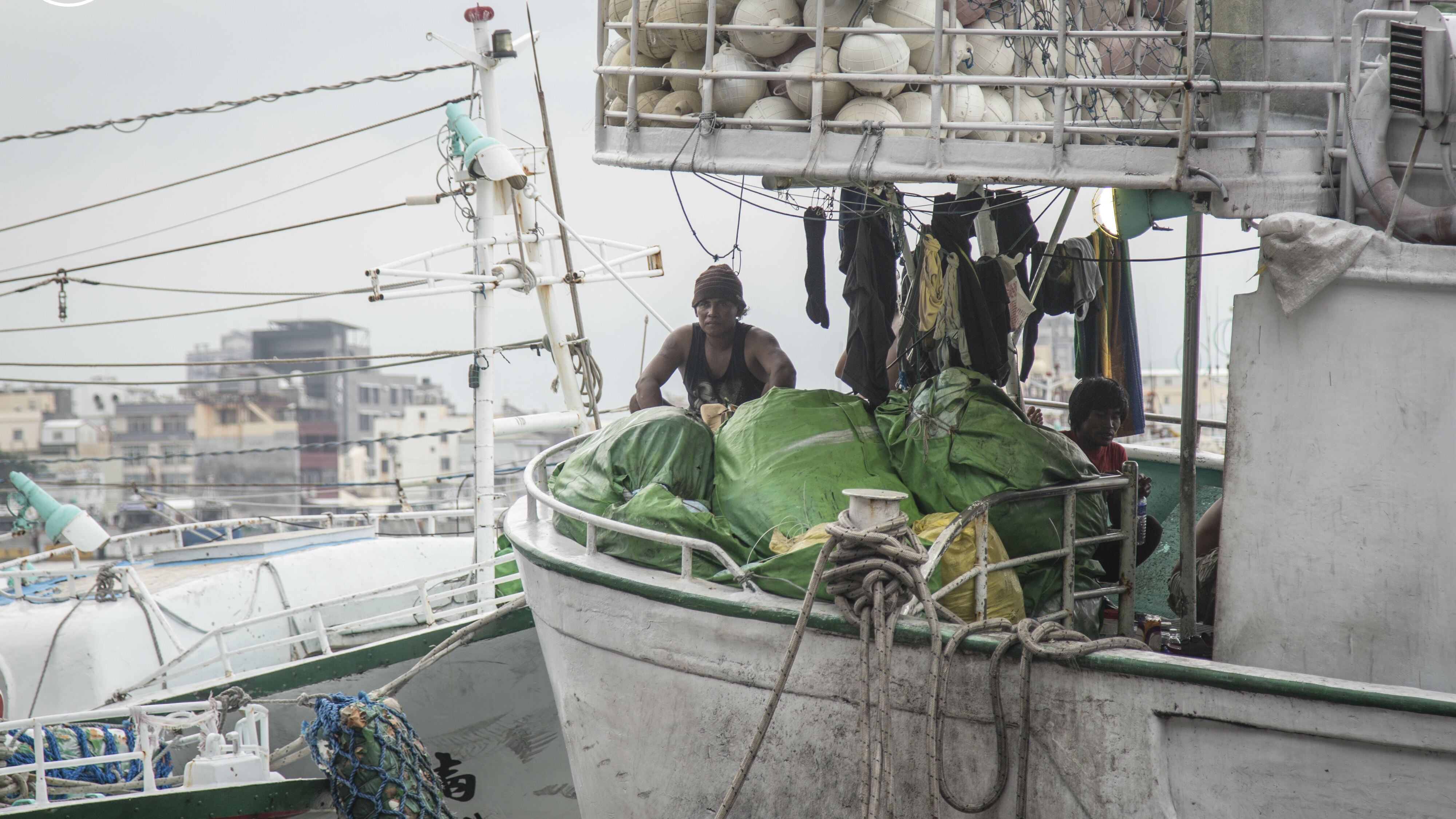According to the Taiwan Central Election Commission website, 7.79 million out of 19.76 million eligible voters voted to continue the ban.
This makes up a total of 39.4%, more than enough to pass the 25% turnout required to ensure the result is legally binding. Only 2.23 million voters voted to discontinue the ban.
The referendum was confirmed to proceed earlier this year alongside local elections after fervent ‘anti-nuclear food’ campaigning by opposition party Kuomintang, a decision which had been condemned as a ‘political and not scientific’ one.
This means that Taiwan remains the only country apart from China to maintain restrictions on food products from the Japanese prefectures of Fukushima, Ibaraki, Tochigi, Gunma and Chiba following the 2011 Fukushima nuclear disaster fallout.
Taiwan had been considering a softening of the ban earlier this year, which now looks to be unachievable.
Japanese de facto ambassador to Taiwan, head of the Japan-Taiwan Exchange Association Mikio Numata, who was one of the referendum’s early critics, expressed disappointment over the result.
“I am extremely disappointed with the results of this vote to continue the ban on Japanese food imports,” he wrote in a statement on the association’s Facebook page.
He added that the issue ‘should not be used as a political tool’, and he hoped it would not’ affect the good relationship and economic trade between Taiwan and Japan’.
“We will continue to work hard to help friends in Taiwan understand the safety of Japanese food products, and I sincerely hope that the ban on foods from Fukushima, Ibaraki, Tochigi, Gunma and Chiba, which receive many Taiwanese visitors yearly, will soon be lifted.”
This sentiment was seconded by Japan Chief Cabinet Secretary Yoshihide Suga.
At a press conference, he said: "It's extremely disappointing that Taiwanese consumers have yet to be fully convinced [of the safety of these Japanese food products].
"We will use every opportunity available [to remedy this] and keep asking [Taiwan] to lift the ban at an early date."
The Japanese Chamber of Commerce and Industry has also decried the ban, saying in its annual white paper that: “It has been seven years [since the Fukushima nuclear disaster], and [checks on] 125,549 Japan food import items since then have not revealed any high [radiation] levels.”
“[We] hope that the [Taiwanese] government will follow the actions of [various other countries] and speedily look into this matter.
“[We] are also very disappointed in this issue being manipulated as a political issue.”
Impacts on Japan-Taiwan economic trade ties
Taiwan representative to Japan Frank Hsieh has previously called the referendum a Kuomintang ‘scheme’, which looked to damage Japan-Taiwan bilateral ties, and that its approval would see Taiwan paying a ‘grave price’.
Top on the list of considerations in this ‘grave price’ is Taiwan’s continued attempt to participate in the Comprehensive and Progressive Agreement for the Trans-Pacific Partnership (CPTPP).
The CPTPP is a Japan-headed trade partnership, currently comprising 11 member states. New accession talks will commence in 2019.
Also worthy of mention is the annual Taiwan-Japan economic and trade meeting, which comes almost immediately on the heels of the referendum results.
It has been described as coming at a ‘sensitive’ time, and Foreign Ministry spokesman Andrew Lee has told Taipei Times that officials would be speaking with Japan to ensure ‘Tokyo’s understanding’ and that ‘cordial relations are not affected’.
Taiwan is Japan’s fourth-largest trade partner, and bilateral trade reached a value of US$62.7bn in 2017.





